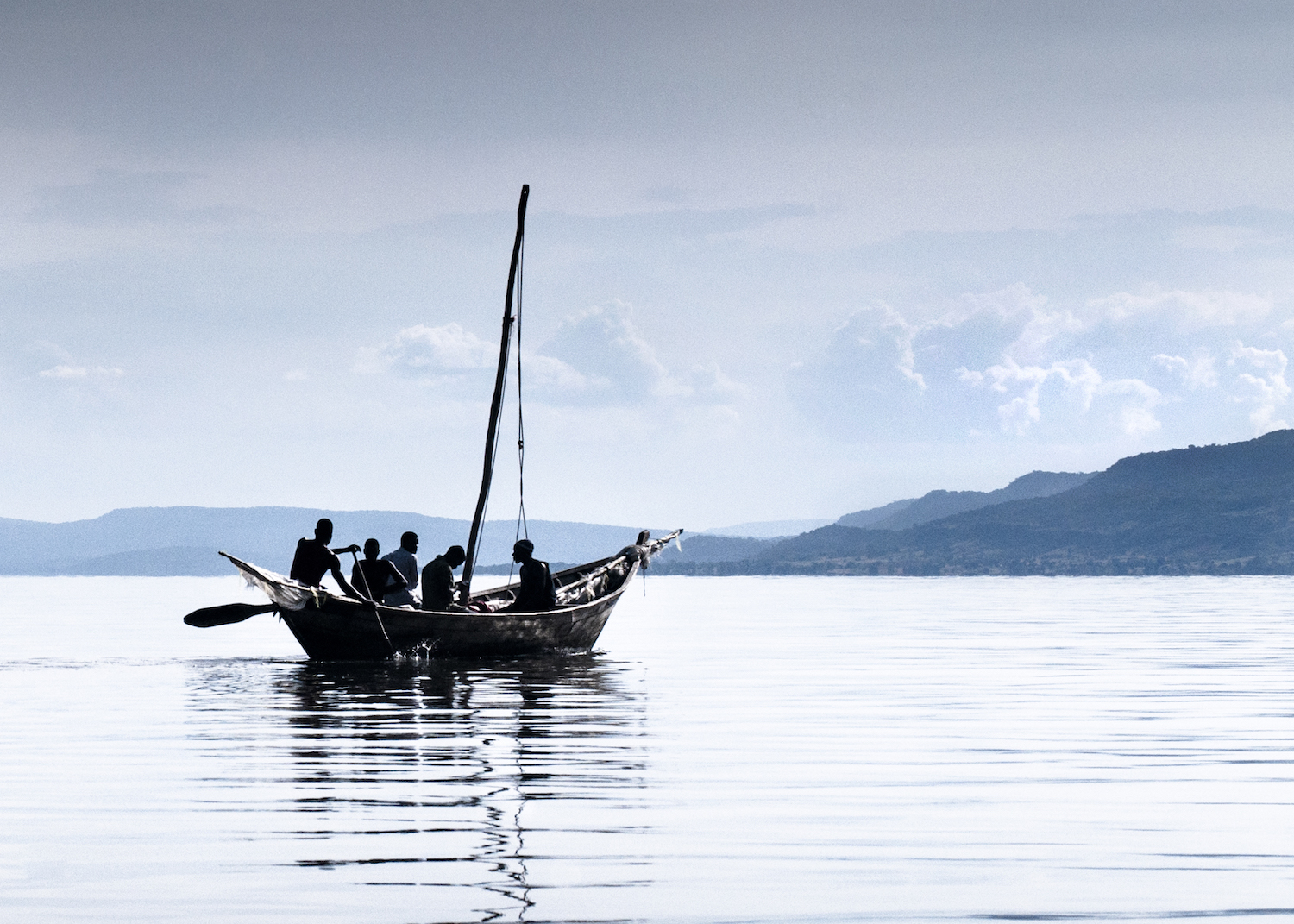Jubilee Hope tackles HIV on Lake Victoria
An estimated 1.5 million people in Tanzania are HIV-positive, that's 1 in 20 of the country's citizens. Despite significant effort and investment progress in reducing the spread of HIV infection in Tanzania continues to be slow. The need for HIV services, both preventative and clinical, is huge, especially amongst high-risk and vulnerable groups such as the nomadic fishing communities on Lake Victoria. Vine Trust's Jubilee Hope Medical Programme works to reach and treat these communities, providing essential care and eduration to reduce the rate and effects of HIV infection.
The current initiative to address the HIV/ AIDS epidemic in Tanzania is being led by PEPFAR, a USA government programme which provides an estimated 75% of all HIV/ AIDS services in the country, and has invested more than £2.25bn over the past 10 years. However, for people living on the remote islands of Lake Victoria, very little of this huge investment has been targeted at addressing the HIV problems they face.
It is estimated that around 20-30% of people in these fishing communities are living with HIV. This significantly higher infection rate is down to a complex and interconnected mix of cultural, social and economic factors. HIV services have been provided by the Jubilee Hope medical ship since it slarted visiting the islands in March 2015, but plans are in place to significantly increase the scale and impact of the work being done. By the beginning of 2017, through community engagement and regional HIV agency collaboration, Vine Trust will be providing a range of services to these island communities including counselling, testing and treatment.
A vital component of these services will be achieved through the purchase of a CD4 machine before the end of 2016. A CD4 machine provides a guide as to when a person living with HIV should start life-saving antiretroviral treatment (ART). The ART service will be available to all community members who are HIV-positive with targeted promotion amongst children and pregnant women.
Due to the complex nature of the challenge being faced, the Programme's services must go beyond the clinical approach alone. Included in the plans are a variety of community-based initiatives which will engage community leaders, slart support groups and train health champions. These will attempt to respond to the deep-rooted behaviours and attitudes which significantly contribute to the ongoing spread of HIV on the islands.
Although the magnitude of the work which lies ahead is huge, we are not discouraged. Rather, we are excited and encouraged to know that, through the hard work and generous support of many people in Tanzania and the UK, the Jubilee Hope Medical Programme will not only change lives, but help to save them.
